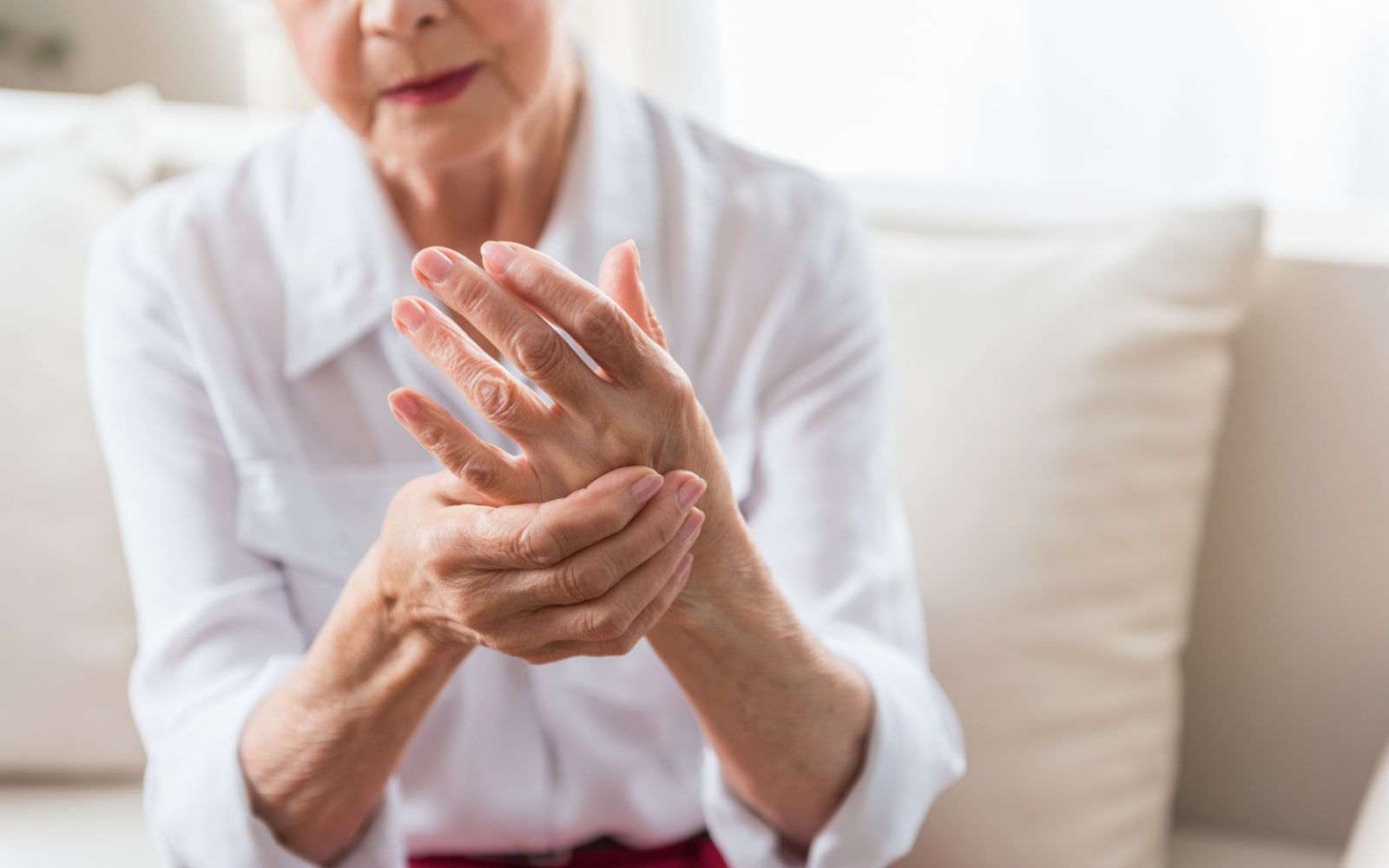Entering your perimenopausal years means preparing for your body’s natural transition toward the end of your reproductive years. For some women around this time, pain may start to radiate around the hips, knees, and fingers, and that pain progresses to arthritis. Many researchers have been looking into the connections between menopause and arthritis, and despite the conflicting information, there are still some key factors to pay attention to as you progress into your menopause years.
Types of Arthritis That May Affect Your Menopause
According to some researchers, low estrogen has been linked to various symptoms, such as the loss of synovial fluid responsible for lubricating your joints, the increased perception of pain for women with depression, and other various factors. Many women may experience some arthritis during their menopause years from general wear and tear of the joints, injury, repetitive use, genetic history, or even individual health concerns. Currently, there isn’t exactly a good link to establish the connection between arthritis and menopause, but for women experiencing pain throughout their joints, it’s important to know what women can do to reduce their pain and make aging an easier process.
So, what types of arthritis are commonly seen with menopause? Here’s what we know:
- Osteoarthritis: As a common and reoccurring type of arthritis among women, it’s typically caused by the loss of cartilage that protects the joints, including the spine, hips, and knees. Joint pain, stiffness in the joints, and loss of mobility are common for women going through menopause, and as a mechanical disorder, it can easily progress due to the damage occurring from the loss of synoptical fluid. Over time, it can lead to second-rate cartilage scarring and even bone-on-bone scarring that does not stop but can only be managed through treatment.
- Rheumatoid Arthritis: Unlike osteoarthritis, rheumatoid arthritis is a systemic disease caused by an overactive immune system. Also called inflammatory arthritis, it causes inflammation, pain, and redness but can also affect the organs and other bodily systems. Medications called DMARDs, or disease-modifying antirheumatic drugs, are used to control the disease, and due to the success of these medications, the disease isn’t as severe as it used to be for women going through menopause.
Finding The Best Treatments During Menopause
For women going through menopause and experiencing arthritis, both surgical and nonsurgical treatments can be used to provide different approaches to your pain. Nonsurgical treatments include medications, physical therapy, and steroid injections to support pain relief. For surgical treatment, hip replacements and knee replacements can provide long-term relief, especially when nonsurgical treatments don’t work. One of the best ways that women can learn more about long-term pain relief when going through menopause is at their women’s healthcare center. By meeting with your gynecologist or women’s specialist, you can consider your options for pain relief and help manage your symptoms of menopause. Through speaking with your doctor, you can learn more about your options and find ways to alleviate pain and inflammation for a better quality of life.


